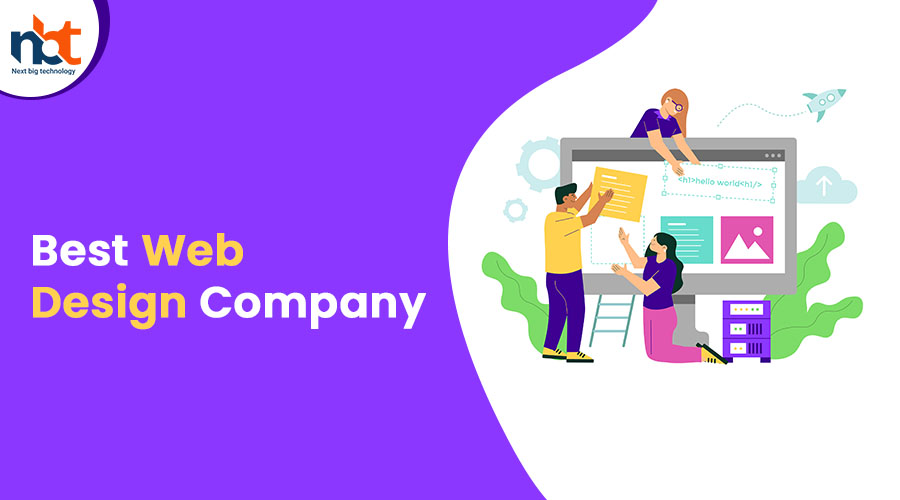Web Development Company in India and US
Next Big Technology offers best web development services company, for India & US based businesses. Our expertise lies in developing responsive and user-centric websites and web applications that serve our client’s specific needs. Your skills for cutting-edge tech such as React, Angular, Node. js, and WordPress transform your idea into scalable and secure digital solutions that helps you engage users and drive business growth. Whether you are building a custom web application, an e-commerce platform, or an enterprise-level application, we deliver every project on time and within the budget. We build on customer-first principles to help businesses in every industry build a strong online presence and find lasting success.






















































